‘We are assessing the concerns raised and will investigate whether the program met our editorial standards,’ said the ABC’s managing director David Anderson following complaints that panelists on last week’s feminist special Q&A encouraged its audience to commit gendercide and arson. Mr Anderson’s boss, a woman who’s managed to do quite a lot to help the feminist cause in Australia without ever inciting violence, shrieking expletives or even dressing badly, also expressed concerns, so the episode was quickly removed from the iView website. This means that the millions of taxpayers who fund Q&A but would rather go to the dentist than watch it will have to wait until the publication of the findings of Mr Anderson’s investigation to see what all the fuss was about.
I don’t know who will be on the panel tasked with such an important public service, but no doubt it will embody the same clear-headed impartiality displayed by every other panel the ABC convenes to review issues of national importance. To ensure gender objectivity, for example, I can see it being headed by Walkley-winning Drum and Q&A regular Jane Caro. And to safeguard the interests of future generations of ABC viewers, perhaps she will be flanked by Safe Schools founder Roz Ward and woke comedienne Hannah Gadsby. This could also be an opportunity to lure Yasmin Abdel-Magied back from her self-imposed British exile. If nothing else, Yasmin’s colourful couture and contention that Islam is a religion of peace would be an excellent sartorial and comedic foil to Hannah’s Mennonite misandry.
One thing we can be sure of is that the editorial standards Mr Anderson referred to are consistent with Auntie’s founding charter. I keep a copy of this document beside my TV remote, and was greatly reassured to read, at the bottom of the page itemising the charter’s obligations, that ‘Nothing in this section shall be taken to impose on the Corporation a duty that is enforceable by proceedings in a court.’ In other words, if somebody guesting on an ABC program says or does something in breach of these rules, we can be sure that the ABC will waste no time doing something – or indeed anything – about it.
If Ita Buttrose’s recent appointment as chair of the ABC is a sign that top jobs in the media – once a largely male domain – are now increasingly being given to women, how much more encouraging for feminists was the decision of the Australian Rugby Union to appoint a female CEO? Raelene Castle’s tenure hasn’t been easy but I don’t believe she should be held accountable for The Wallabies’ disappointing performance in the Rugby World Cup. It seems grossly unfair to expect someone who has never played a sport to know the first thing about what constitutes a good coach or a winning team – or even to know the rules. And if she ends up a casualty of the ARU’s ongoing RWC post-mortem, I won’t be the only Australian who’ll miss the cheerful plain speaking and distinctive onscreen presence of The Vuccar of Dubbly.
Despite being knocked out at the same stage as Australia, Japan was the big winner of the 2019 RWC, with every pundit and player gushing about the quality of the venues, the comfort of the trains and the warmth of their hosts. Many were also struck by the seemingly paradoxical relationship between of the country’s embrace of modern technology and its reverence for ancient cultural traditions. But the reason so much of quotidian Japanese life is automated is in fact the same reason its culture is so intact: it doesn’t import foreigners to do the jobs the indigenous population doesn’t want. Or indeed the jobs it does want. Japan may have officially abandoned the Sakoku or ‘closed country’ principle which kept out the influence of foreigners for 200 years, but its immigration policy since the second world war hasn’t been much more welcoming. The fact is, hosting an international sporting competition is the closest it ever comes to multiculturalism and behind the very genuine smiles which greet you from the moment you step off a plane at Narita is the certainty you will soon be getting back on one.
Got something to add? Join the discussion and comment below.
Get 10 issues for just $10
Subscribe to The Spectator Australia today for the next 10 magazine issues, plus full online access, for just $10.
You might disagree with half of it, but you’ll enjoy reading all of it. Try your first month for free, then just $2 a week for the remainder of your first year.


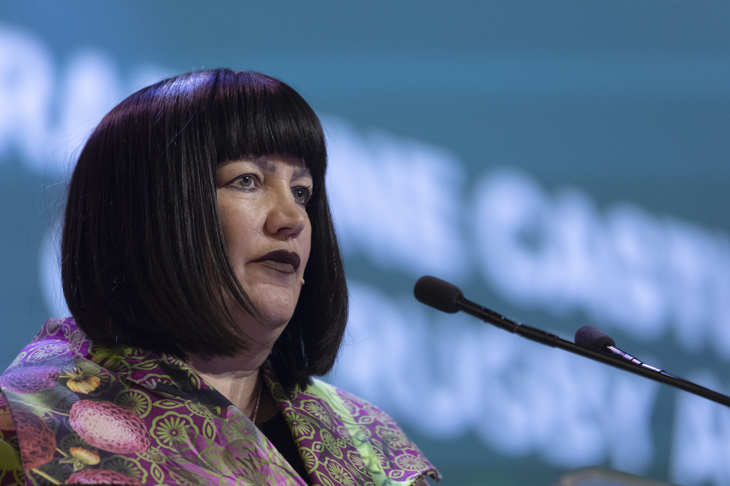
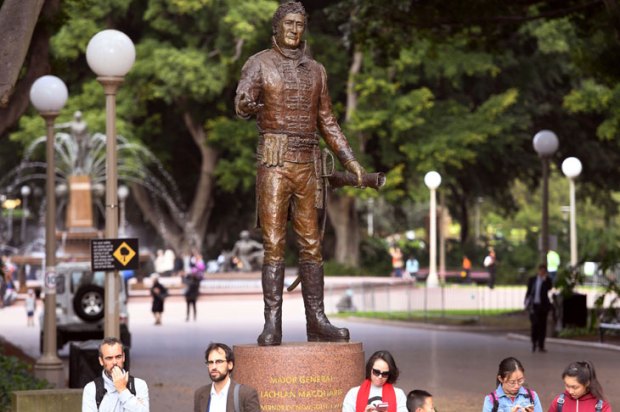
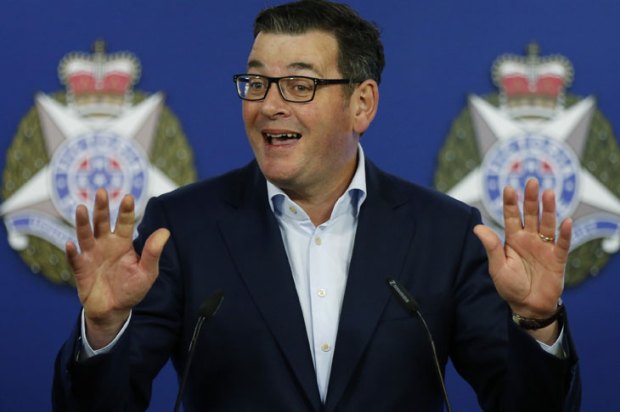
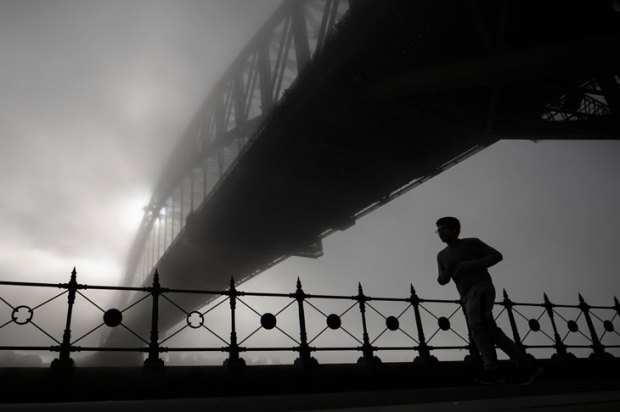
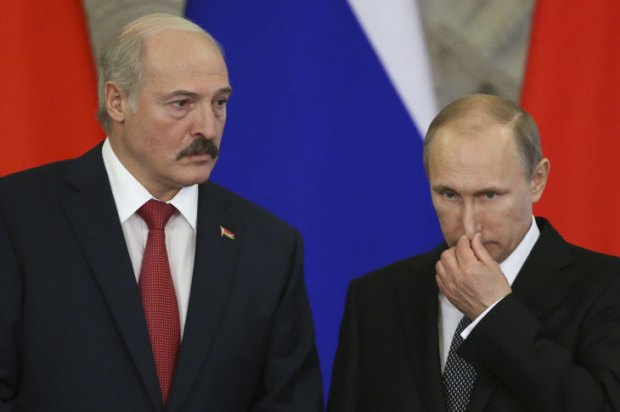

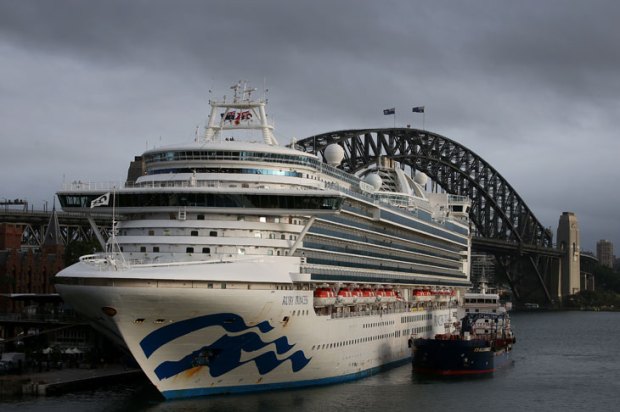






Comments
Don't miss out
Join the conversation with other Spectator Australia readers. Subscribe to leave a comment.
SUBSCRIBEAlready a subscriber? Log in